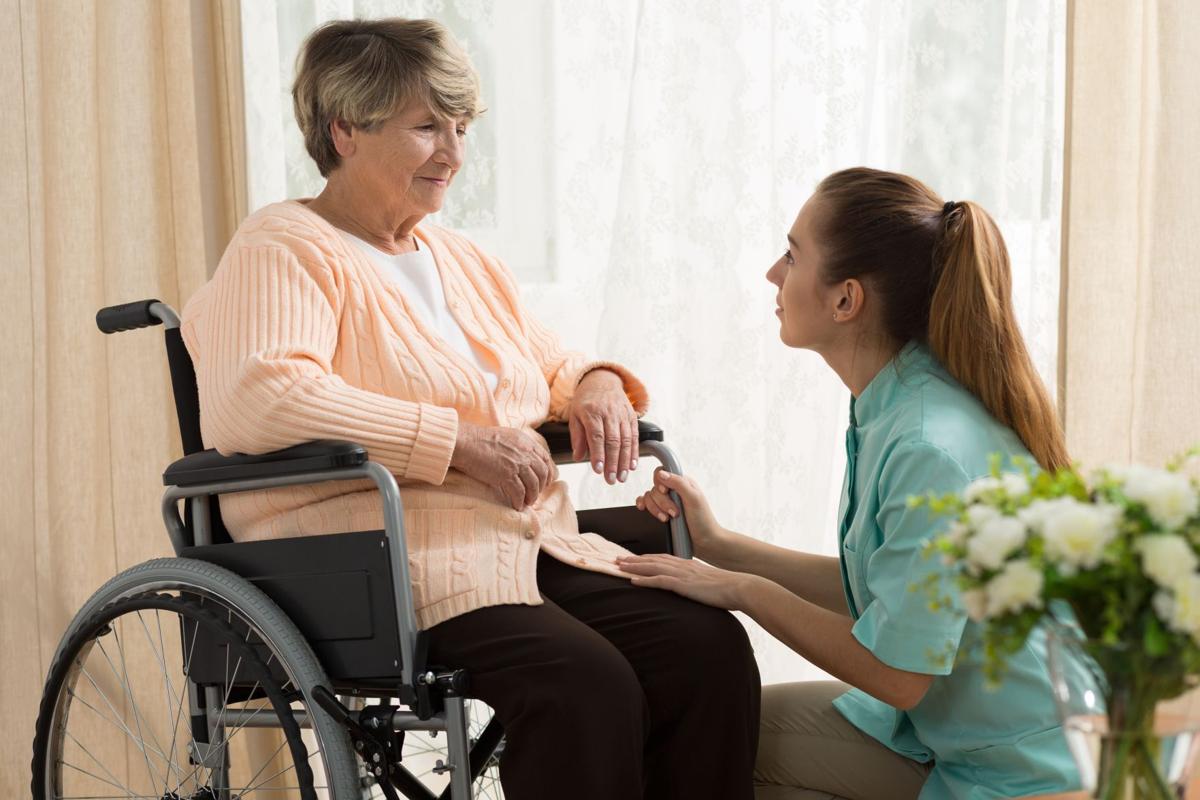As we age, our immune system declines. Consequently, seniors are more prone to infections like pneumonia. Pneumonia is a respiratory infection that can affect one or both lungs and can range from mild to severe. Its severity depends on age, overall health, and it causes. Pneumonia occurs when bacteria, fungi, or viruses enter the lungs and cause inflammation. It is an illness that utterly affects the seniors than the younger age groups and can also be fatal.
CAUSES OF PNEUMONIA IN THE SENIORS
Pneumonia is usually caused by bacteria or viruses when they are breathed in. If the immune system is strong enough, it will be able to quickly fight them off. Due to weakened immune systems, the seniors may not be able to fight them off. The different causes of pneumonia have been divided into three. Here they are :
– COMMUNITY-ACQUIRED PNEUMONIA
This is the type of pneumonia one can get from everyday contacts. The pneumonia bacteria or virus from the nose or sinuses can be breathed into the lungs. If your immune system is strong, it may not affect you but in the seniors, the bacteria can quickly cause pneumonia.
– HOSPITAL-ACQUIRED PNEUMONIA
This is the type of pneumonia one can get from a stay in the hospital or long-term care facility. Sick patients usually have difficulty fighting off infections.
– ASPIRATION PNEUMONIA
It happens when anything foreign aside from air enters the lungs. This could include choking on or inhaling food, drinks, vomit or even saliva. Conditions such as dementia, strokes and other chronic health issues can affect the normal gag reflex. This may make your loved one more prone to pneumonia if they are prone to choking.
SYMPTOMS OF PNEUMONIA IN THE SENIORS
Signs and symptoms of pneumonia vary from one senior to another. They include :
-
Chills
-
High fever
-
Shortness of breath
-
Weakness and fatigue
-
Confusion or disorientation
-
Chest pain when breathing or coughing
-
A lower-than-normal body temperature
-
Cough, especially a wet one that produces phlegm
HOW TO PREVENT PNEUMONIA IN SENIORS
To lower the risk of pneumonia in seniors, families and caregivers of seniors can help their loved ones prevent pneumonia by encouraging them to follow the following steps:
-
You should ensure that your loved ones Wash their hands frequently. This is because frequent handwashing can greatly lower the risk of infections, including pneumonia.
-
You should encourage your loved one to get vaccinated. Getting the pneumococcal pneumonia vaccine lowers seniors’ risk of getting bacterial pneumonia. Talk to the doctor about what type of pneumococcal vaccine is right for your loved one.
-
You should ensure that your loved ones avoid people who have a cold or the flu. If your loved ones must be around people who are sick, they should wear a medical face mask to protect themselves.
-
You should advise your loved one to get the flu shot in order to lower risk of developing pneumonia as a complication of the flu.
-
You should ensure that their homes are clean and free of dust, mold or mildew as they can hurt the lungs and increase the risk of pneumonia.
-
You should also encourage your loved one to live a healthy life. Ensure that they get enough rest, eat healthily, stay hydrated and exercise regularly. In a case where your loved one smokes, help him or her quit smoking. .
CONCLUSION
Pneumonia in the seniors can often be serious and escalate quickly. In fact, pneumonia is the second leading cause for hospitalization of seniors. It is mostly fatal with seniors if not quickly attended to. When caring for seniors who suffer from pneumonia, their families and caregivers should watch out for any new or worse symptoms and report them to a doctor right away. There are also ways to prevent seniors from being infected with pneumonia. Some of them are mentioned above. They should be followed thoroughly to ensure your loved one’s safety and well-being.


